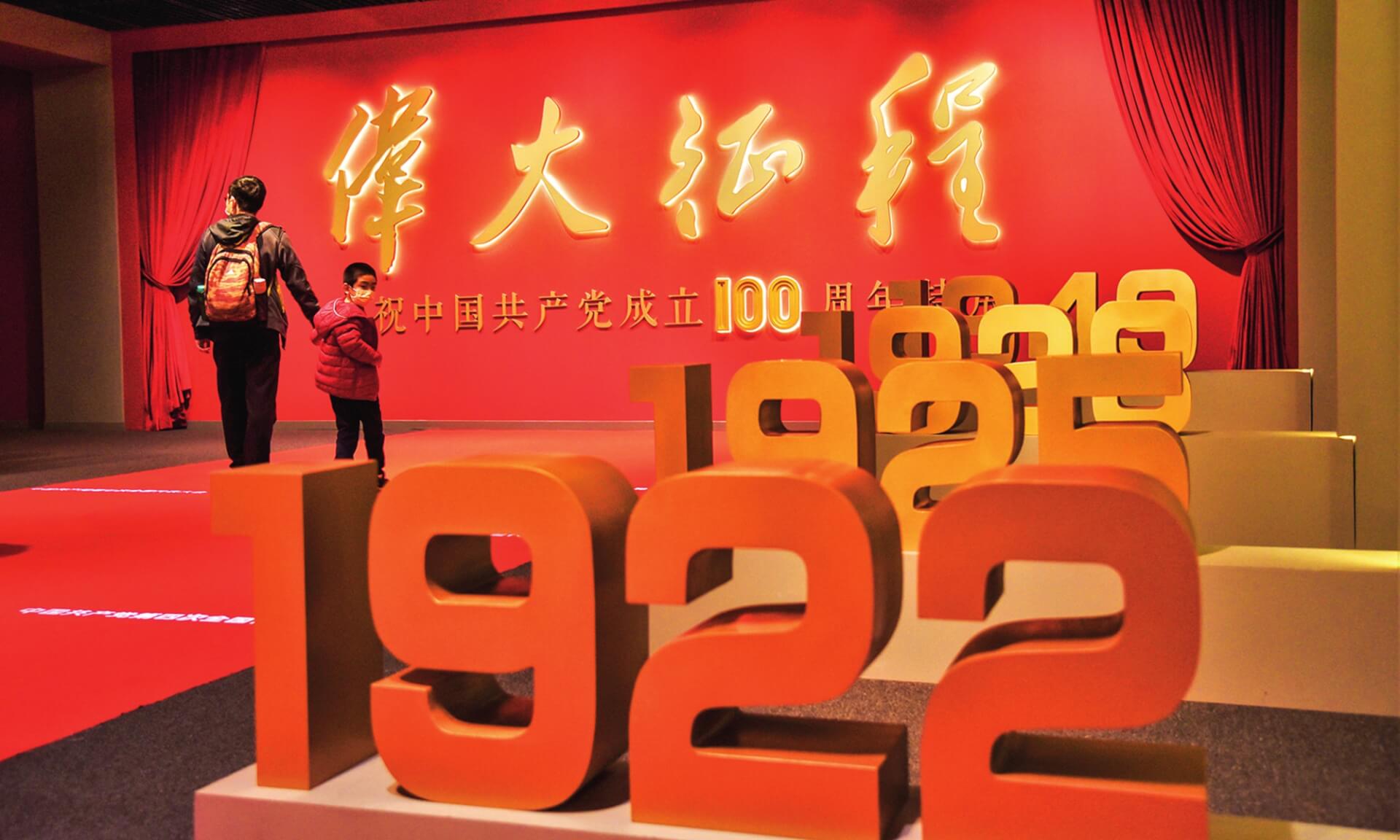China’s ruling party, the Communist Party of China (CPC), is gearing up to celebrate its 100th anniversary on July 1. However, as celebrations leading up to the day showcase the party’s achievements in all its glory and enthusiasm, flaws in its history have been completely erased.
In this regard, a video montage made by the CPC highlights China’s proudest achievements over the past century, including its first atomic bomb, the construction of advanced infrastructure and the most recent unmanned mission to Mars. However, China analysts pointed out that major tumults of the 20th century, including the “Great Leap Forward” famine of 1958-1960, the decade of chaos during the “Cultural Revolution” from 1966, and the crackdown that possibly killed thousands of pro-democracy activists in Tiananmen Square in 1989, have been conveniently ignored.
The Japan Times reported that neither the State Council Information Office nor the CPC’s Party History and Literature Research Office have responded to requests for comment on the erasure.
“There’s a lot of its history (the party) needs to forget,” Robert Bickers, a historian at Britain’s University of Bristol, told The Japan Times. “It has devoted a great deal of effort throughout its 100 years ensuring that there is an agreed text of a history that needs to be celebrated,” he added.
Moreover, to preserve the official version of the past, the Chinese Academy of Social Sciences has established a specialist history unit. This year, Beijing also set up a hotline for citizens to report “historical nihilism” to authorities.
US News quoted Glenn Tiffert, a historian at the Hoover Institution at Stanford University, as saying that the behaviour reflects the party’s insecurity and is rooted in Xi’s fears that China could collapse as the Soviet Union did in 1991. “It seems to be a particular preoccupation of his from the very beginning,” he said, adding that “It is part of a more systematic, integrated approach to re-establishing the authority of the party and ensuring it does not go the way of the Soviet Communist Party.”
“It’s not about the belief in communism anymore, it’s about delivering the goods, and to sustain that, they want to cover up all of the missteps,” Tiffert went on to say.
Although the new memorial hall in Shanghai describes the CPC’s first decades as a triumph of Marxist ideas, there is no mention of the theoretical evolution that allowed the party to launch market reforms that transformed its economy into the world’s second-largest. In addition, a list of party “facts and figures” published by the official Shanghai Daily this month barely made any mention of ideology, saying that the party’s mission is “to seek happiness for the Chinese people and rejuvenation for the Chinese nation.”
In other celebrations of the party’s milestone anniversary, President Xi awarded medals to outstanding CPC members and organised firework shows. In addition, China’s State Council Information Office issued a white paper on Friday titled “China’s Political Party System: Cooperation and Consultation,” which elaborates on the unique characteristics and strengths of the country’s political party system.
Communist Party of China Censors Past Errors as Centenary Nears
As China’s ruling Communist party prepares to celebrate its 100 year anniversary, it has actively erased its historic errors and idealised its achievements.
June 29, 2021

SOURCE: VCG
